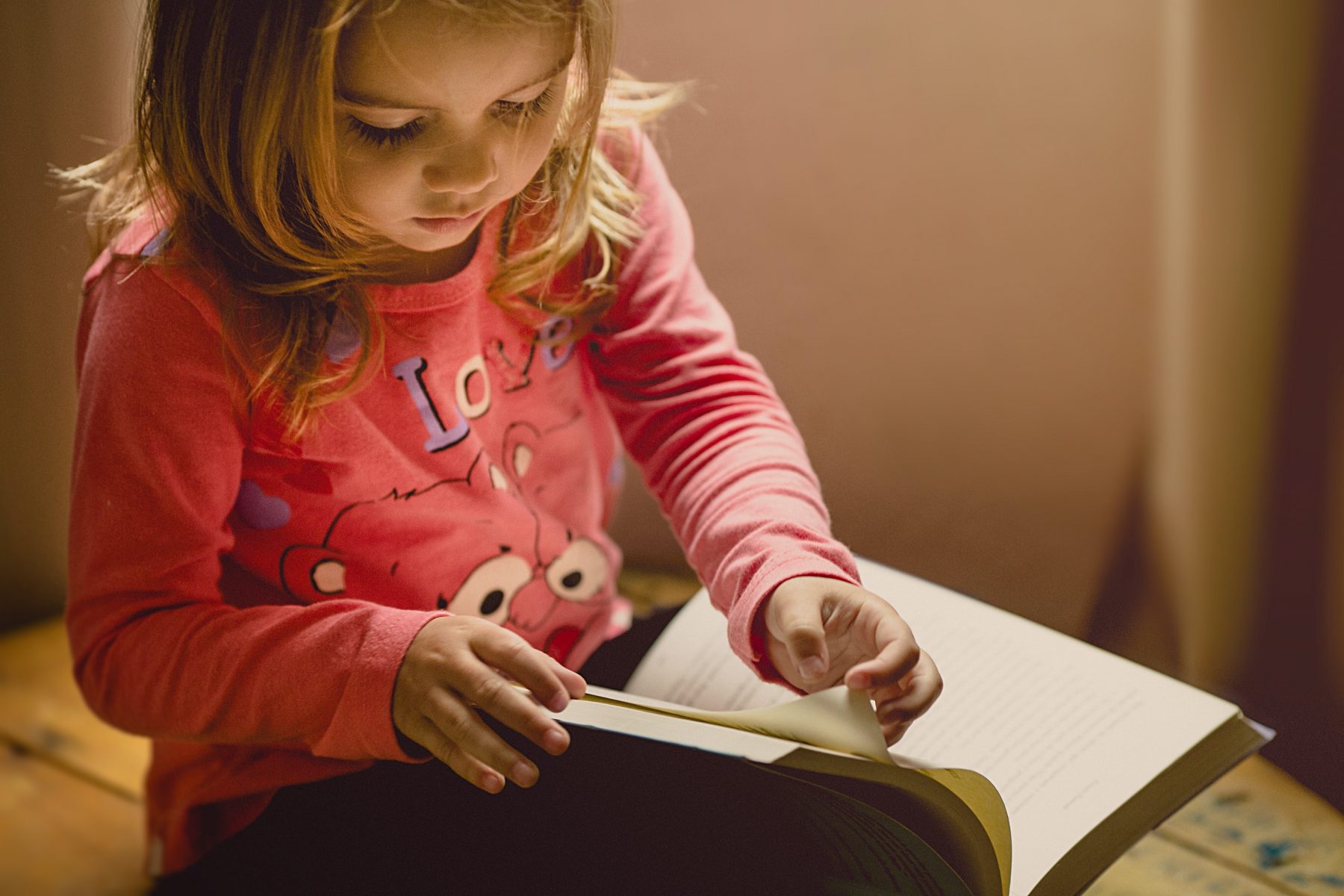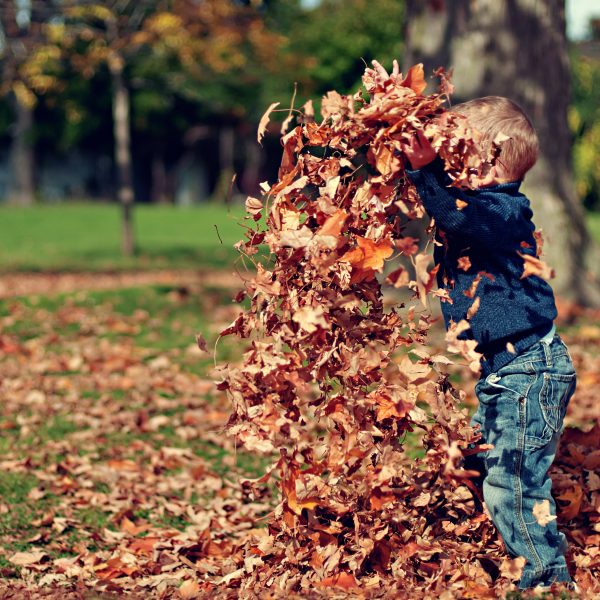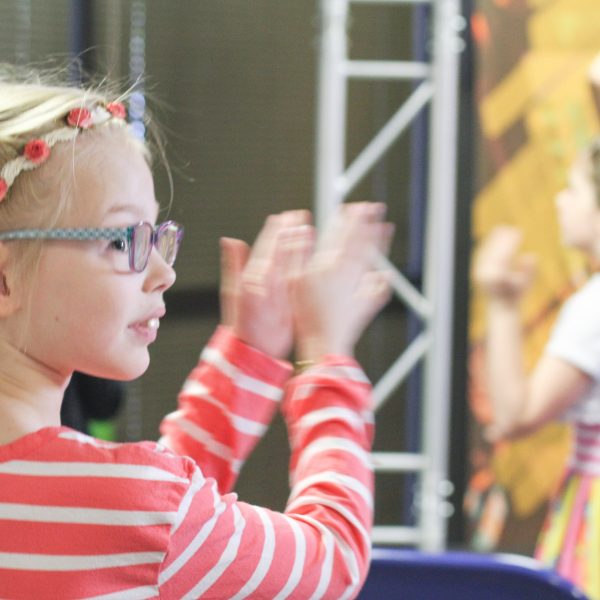Children’s sense of agency must be supported throughout pandemic, expert says

Child Wise, which in Australia operates as a social enterprise of Save the Children Australia, has engaged Dr Reesa Sorin, an international expert in Childhood, Early Childhood, Emotional Literacy and Art Play, to develop resources aimed to assist professionals, parents and carers reflect on how they engage with children and young people.
‘A guide to sharing the driver’s seat – as we learn together during COVID-19 home isolation‘ explores in depth how to engage children in decision making, including developing new routines and learning in and outside of the home.
Rather than keeping information from children, for fear of upsetting or unsettling them, the Guide encourages parents and caregivers to view children as capable and powerful, and explores ways in which a child’s sense of agency can be maintained throughout the COVID-19 pandemic.
Making space for a child’s sense of agency to be expressed is actively encouraged and discussed in the approved learning frameworks. Having agency means “being able to make choices and decisions to influence events and to have an impact on one’s world.” (Early Years Learning Framework, p. 45).
As children develop a sense of agency they realise that they have the ability to make their own decisions and to control their own lives. A sense of agency is an important part of a strong sense of identity, and educators are encouraged to reflect on how they support children to develop a sense of agency, and to create opportunities for children to make meaningful decisions and choices about things that affect them.
Without clear and comprehensible information from the important adults in their lives, children will still hear things, and will form their own impressions based on their limited understandings or misunderstandings about the situation, a Child Wise spokesperson said. This can often lead to worry, fear and anxiety, as children imagine or catastrophize their future. Rather than protecting children through silence or distraction, we may actually be doing them harm.
Adults who see themselves as protectors of children are often loving and caring nurturers who act in children’s ‘best interests’. They assume that they know what those best interests are and have the power to guide and protect children from what they consider to be ‘other’ than their best interests.
While in many ways this is an admirable position, it ultimately denies children agency in their own lives. It sees them as helpless and naïve; in constant need of adult wisdom to fill their otherwise empty existences (tabula rasa). It can also lead to anxiety and confusion in children, who strive daily to understand and make meaning of their lives.
Viewing children as capable, or powerful does not mean that the adults in their lives are powerless. Rather, both children and adults are empowered and made knowledgeable by their interactions, negotiations and relationships with each other. Adults may have more experience and can share their experiences with children, but children have insight, curiosity and many ways of learning and meaning making. It is the negotiated and shared agency that supports children in their growing understanding of the coronavirus situation and adults in their awareness of their feelings, understanding and reactions to it.
Child Wise maintains a commitment to support a child’s sense of agency throughout the pandemic, and has a range of professional development options to support.
Popular

Workforce
Policy
Quality
Practice
Provider
Research
ECEC must change now, our children can’t wait for another inquiry
2025-07-02 07:47:14
by Fiona Alston

Events News
Workforce
Marketplace
Practice
Quality
Provider
Research
An exclusive “Fireside Chat” with ECEC Champion Myra Geddes
2025-07-01 11:25:05
by Fiona Alston

Workforce
Practice
Provider
Quality
Research
Supporting successful transitions: Big moves, big feelings
2025-06-26 11:00:30
by Fiona Alston













